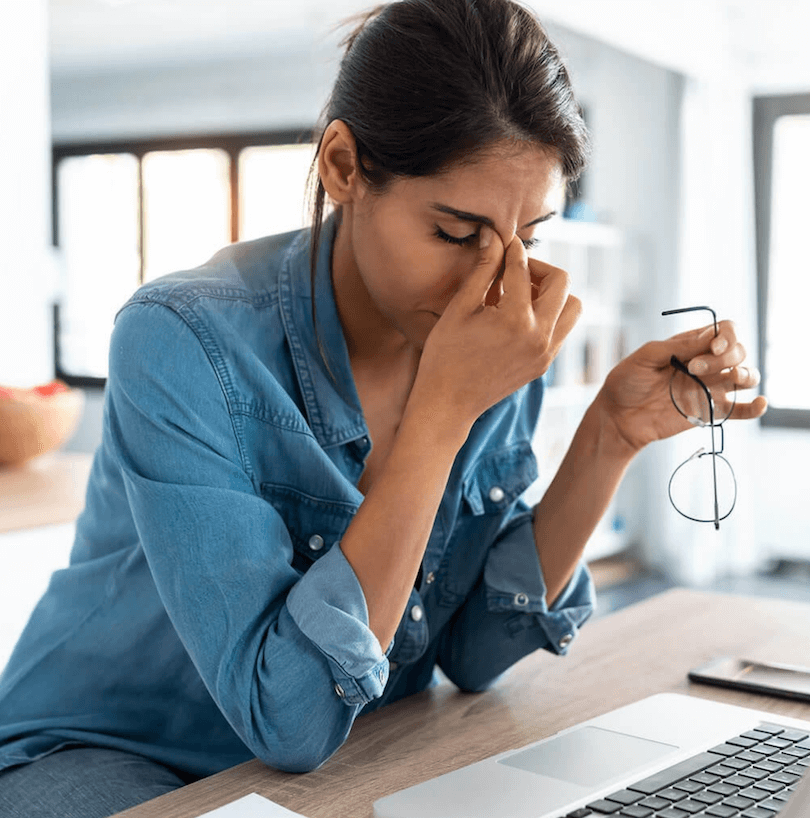

Research
New research has found that 40% of those displaying symptoms of Covid-19 simultaneously experience a worsening of their tinnitus. Also tinnitus could be a “long Covid symptom”.
Tinnitus affects an estimated one in eight adults in the UK and is associated with reduced emotional wellbeing, depression, and anxiety.
Internal worries such as fear of catching COVID-19, financial concerns, loneliness and trouble sleeping have contributed to making tinnitus more bothersome for 32% of people overall, with external factors such as increased video calls, noisier home environments, home schooling and increased coffee and alcohol consumption also cited by respondents.
Females and the under-50’s found tinnitus significantly more bothersome during the pandemic.
The study noted that as well as increasing the severity of tinnitus symptoms, the COVID-19 pandemic has also made it more difficult for people to access healthcare support for the condition. This could further increase emotional distress and worsen tinnitus symptoms, creating a vicious cycle.
David Stockdale, Chief Executive of the British Tinnitus Association said: “With the second wave of Covid-19 and the resulting national lockdown likely to increase feelings of stress and isolation, it’s vital that we don’t see the same mistakes as before when it comes to community health provision for people with tinnitus”.
“Poor treatment of tinnitus in the early stages often leads to much worse cases and severe tinnitus can have a huge impact on mental health.”
Harley Street Hearing are an essential service so we are open Monday-Friday 9am-5pm.
Call 020 7486 1053 to see one of our highly qualified Hearing Therapists.
At your consultation we will help you to understand your tinnitus, discuss coping strategies, test your hearing, and suggest a package of tinnitus therapy created for your individual requirements and lifestyle needs.
For full details of the report click here










Recent Comments